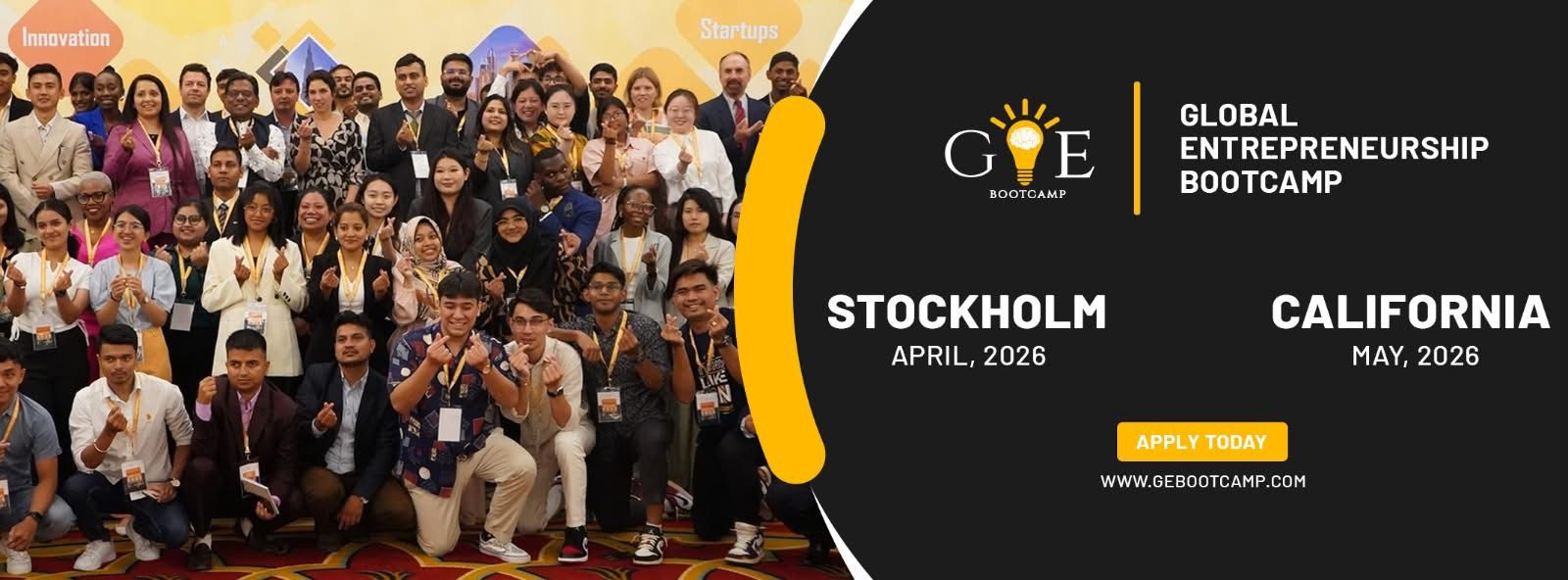
Paul Scherrer Institute Scholarship Program 2020
Details
The applications for the Paul Scherrer Institute Scholarship Programme have opened. The institute is looking for Ph.D. students to join its Neutron Imaging and Applied Materials Group.
Paul Scherrer Institute (PSI) is the largest research institute for natural and engineering sciences within Switzerland. It performs cutting-edge research in the fields of matter and materials, energy and environment and human health. By performing fundamental and applied research, it works on sustainable solutions for major challenges facing society, science, and the economy. It is committed to the training of future generations.
Responsibilities
- The Ph.D. students must use Selective Laser Melting (SLM) methods for building metallic components (in collaboration with EMPA, Dübendorf)
- Also, they should use diffraction methods for investigating the deformation behavior of austenitic stainless steels processed by SLM
- Along with that, the candidates should use scanning electron microscopy for characterizing the microstructure
- Additionally, they must also analyze experimental data and develop an interpretation of the deformation mechanisms
- Finally, they should publish results in scientific journals and present findings at scientific meetings
Benefits
- The candidates will profit from systematic training on the job, in addition to personal development possibilities and their pronounced vocational training culture.
- Additionally, the organizers support the candidates with their modern employment conditions and the on-site infrastructure if the candidates wish to optimally combine work and family life or other personal interests.
Eligibility Criteria
The interested candidates must meet the following requirements to be eligible for the Paul Scherrer Institute Scholarship Program
- They must have a Master degree in materials science, mechanical engineering, chemical engineering or physics
- Along with that, they must have good knowledge of metallurgy
- Also, the applicants must have the knowledge of crystallography, neutron / X-Ray diffraction and/or electron microscopy
- Most importantly, they must have high motivation and ability to work independently in a collaborative and interdisciplinary research team
- Additionally, they must showcase good communication skills in English (oral / writing)
- Furthermore, they should have good programming skills.
Check the official link for further details.
Specifications
| Type of Opportunity | Scholarships and Fellowships |
|---|---|
| Deadline | 31 January,2020 |
| Field | Scholarship |
| Country | Switzerland |
| City | Forschungsstrasse 111, 5232 Villigen |
| Open to | Ph.D. students |
| Organizer | Paul Scherrer Institute |
| Contact the organizer | https://www.psi.ch/en |
